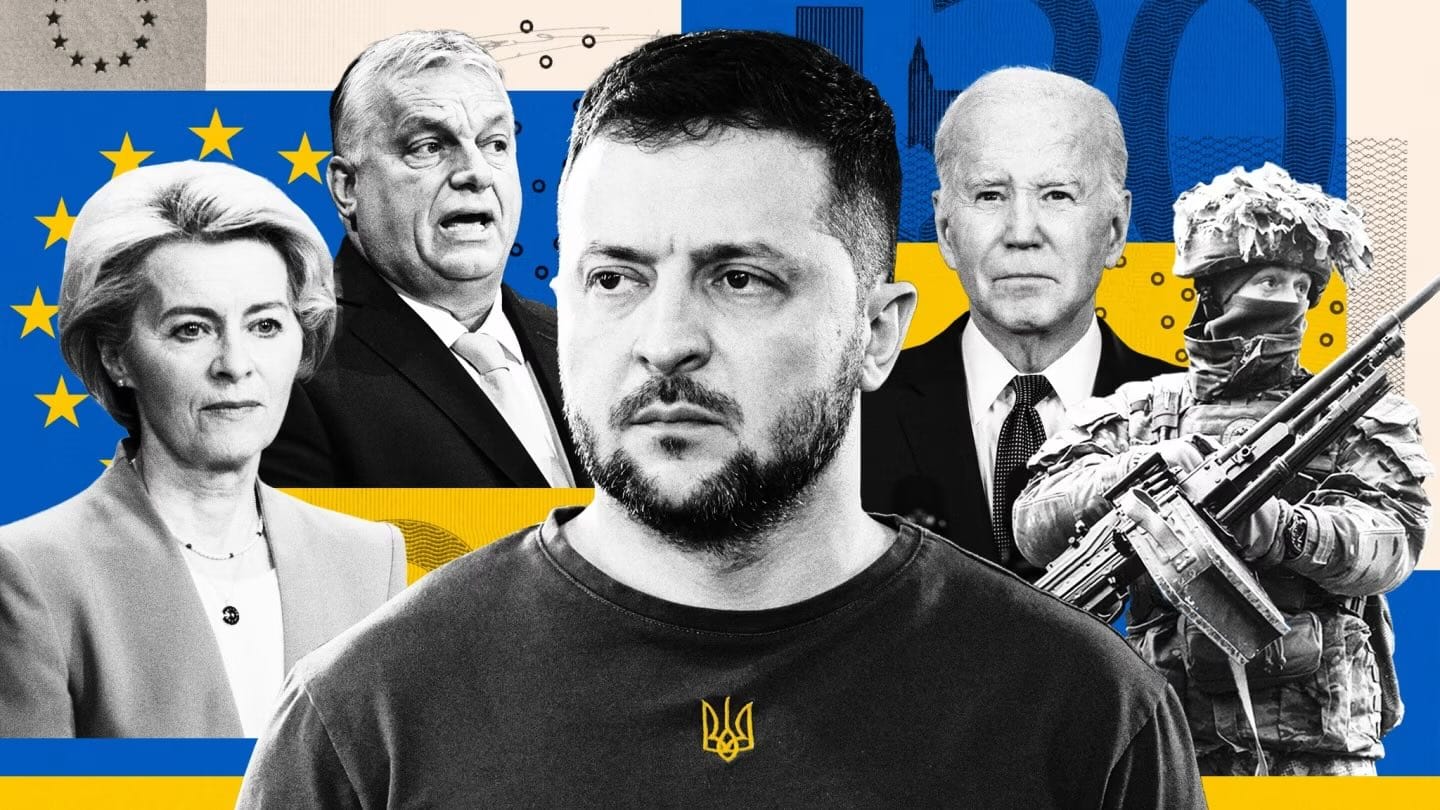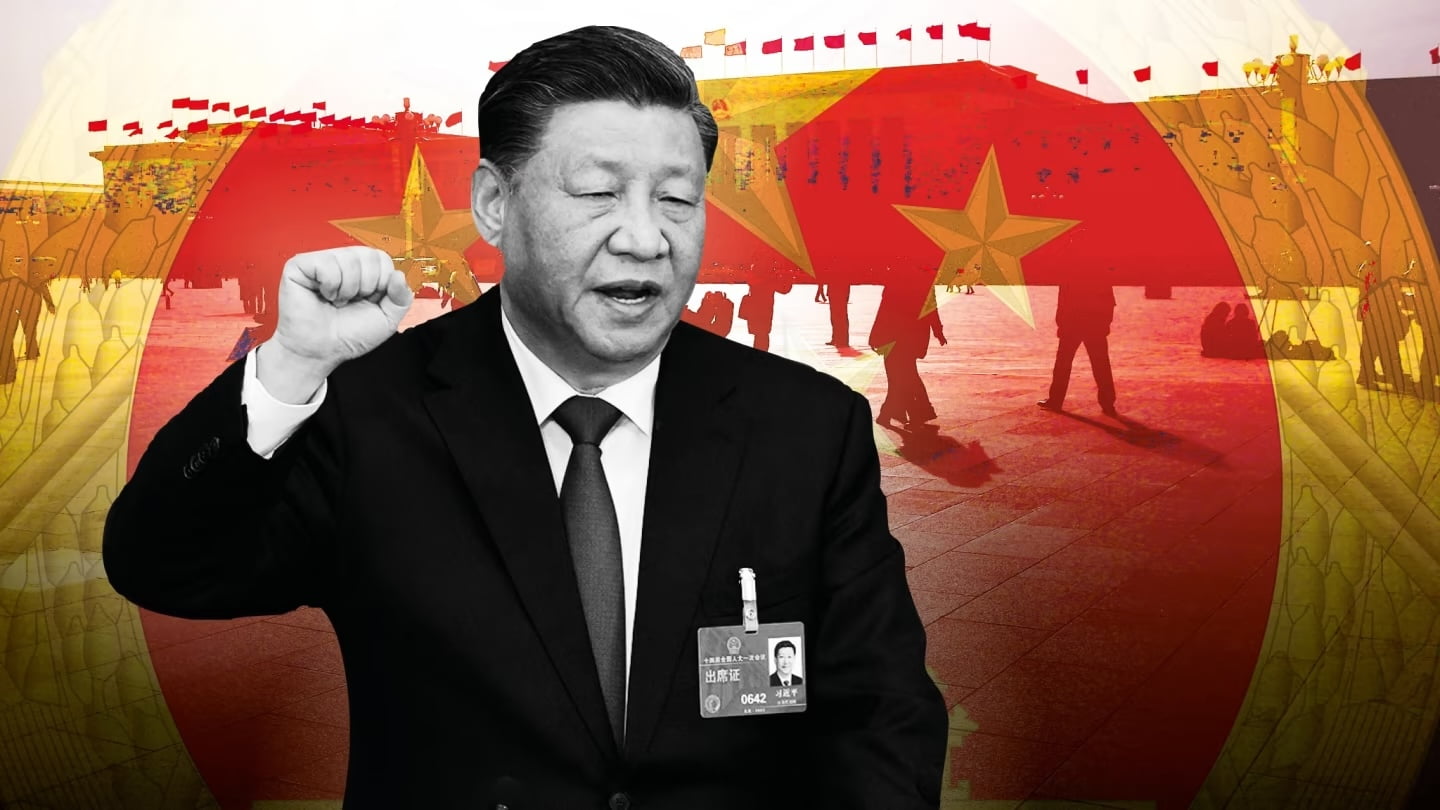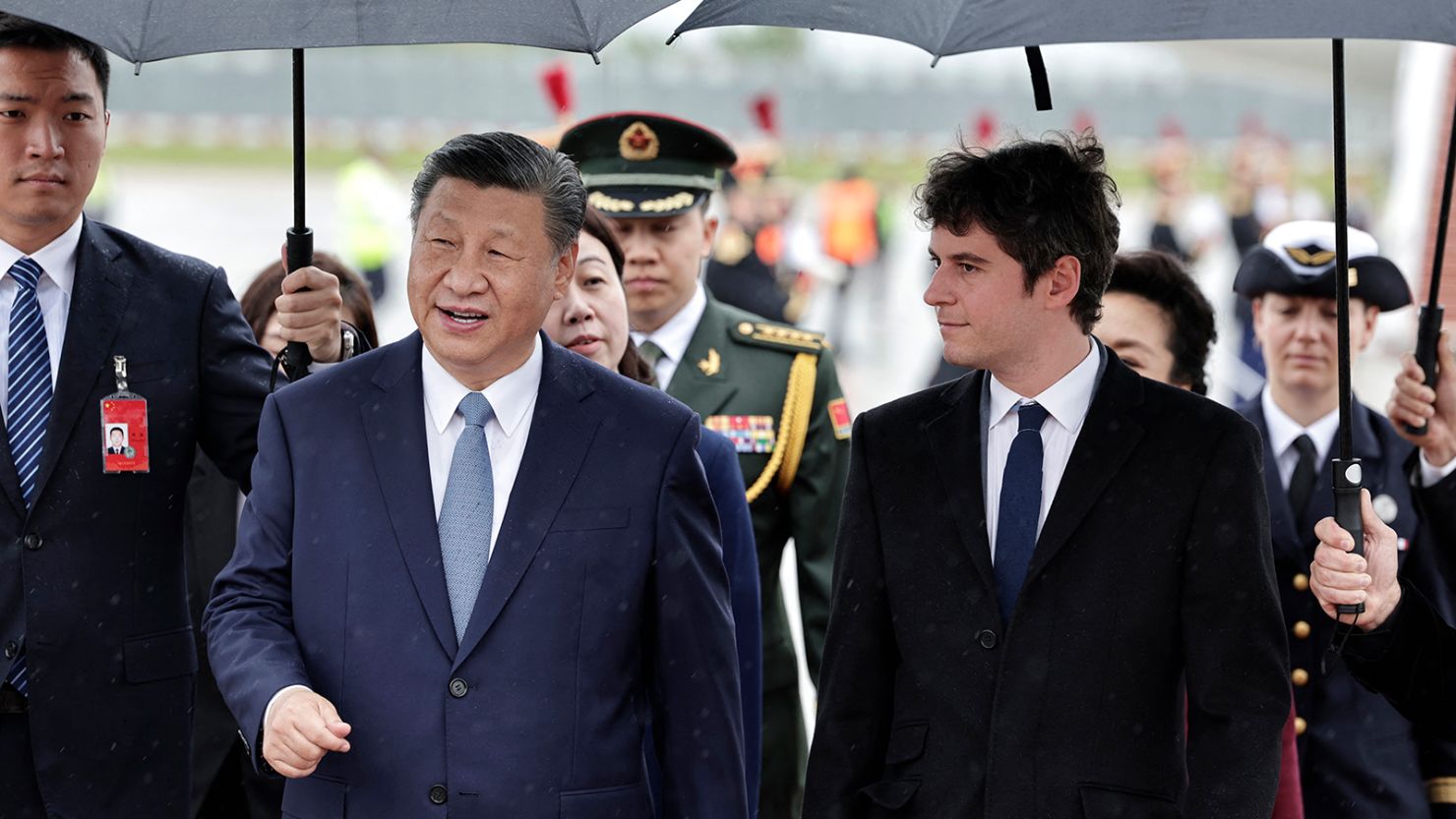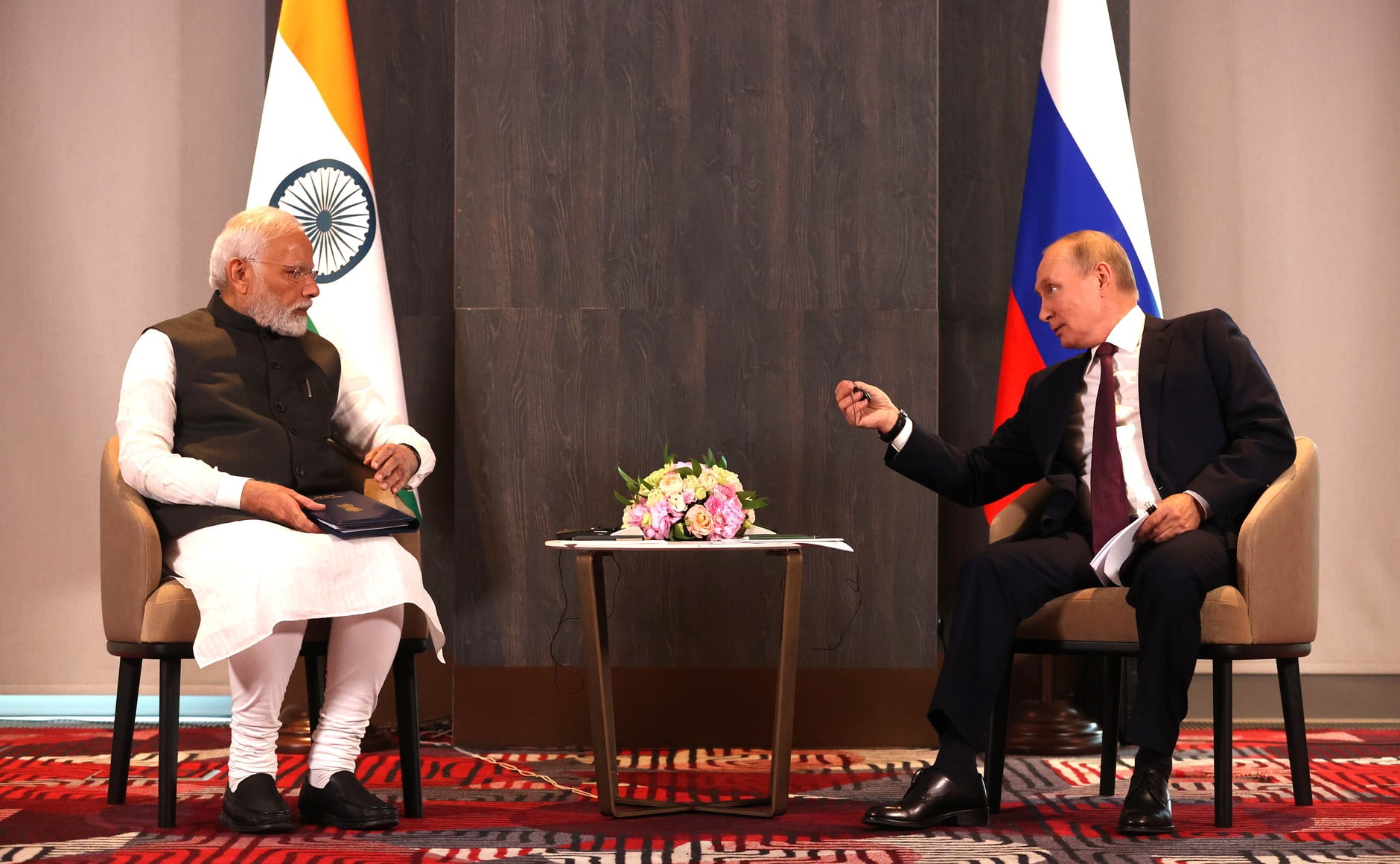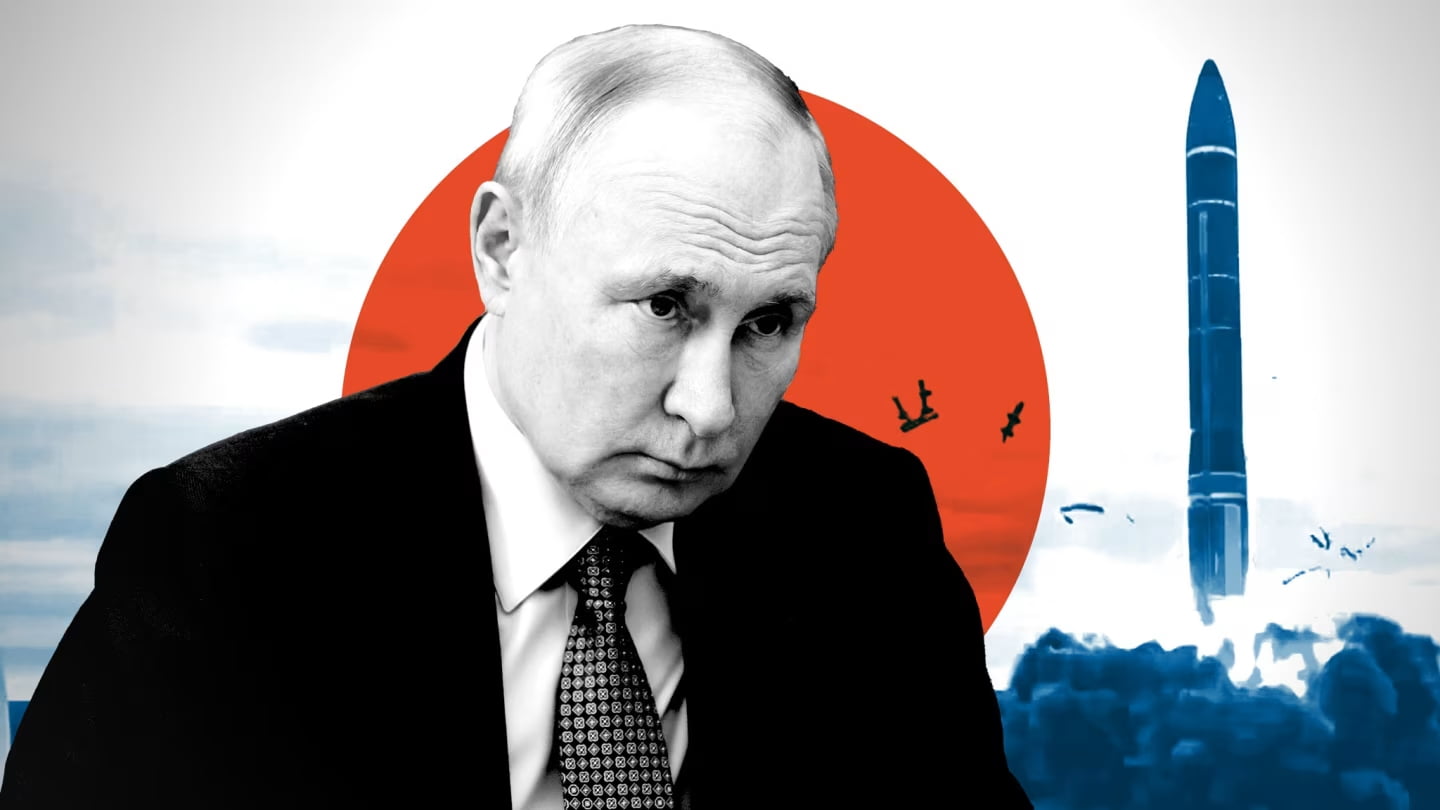A war of words has broken out between the outgoing Biden administration and Ukraine’s president. Several US senior ranking officials have recently argued that Ukraine’s biggest problem is lack of manpower, and that it needs to lower the minimum age of conscription from 25 to 18. A government spokesman said that if Ukraine changes its policy, America will arm and train the recruits. Zelensky retorted that allies had fully equipped only a quarter of the ten brigades that he had requested earlier in the year.
Tag: Ukraine
The Caretaker Prime Minister of Syria
On 8 December 2024, the Syrian Arab Republic under Bashar al-Assad collapsed amid major offensives by the Syrian opposition (led by Hayat Tahrir al-Sham – HTS and supported by other rebel groups, including the Turkish backed Syrian National Army) as part of the Syrian civil war which began in 2011. The fall of Damascus marked the end of the Assad’s regime, which had ruled Syria as a totalitarian hereditary dictatorship since 1971.
Dragon Breathes Fire at Shangri-La: China’s Approach to Global Security
The Shangri-La Dialogue, held in Singapore from May 31 to June 2, 2024, is a prominent annual forum that brings together defence ministers, military chiefs, and security experts from the Asia-Pacific region and beyond. Organised by the International Institute for Strategic Studies (IISS), a leading think tank on international affairs, the event provides a platform for high-level discussions on pressing regional security issues. This year’s dialogue was particularly significant, as it took place against the backdrop of heightened geopolitical tensions, ongoing conflicts, and the evolving global security landscape.
Xi’s European Tour: Global Power Shifts and India’s Challenge
In these changing times, where every nation is trying to recalibrate its position according to its interests and the shifting power balances President Xi Jinping’s visit to France, Hungary, and Serbia has garnered observers of international politics their inquisitive seats of analysis. This comes when multiple conflictual clashes are building around the globe. The more than two-year war in Ukraine, the result of which seems to be elusive to the site, the Israeli siege of Gaza and its spillover effects in the region and the covert build-up of tensions between Israel and Iran distorting the current power status quo.
Israel Conducts Airstrikes on Iran Despite US Implorements to not Retaliate
According to a US official, Israeli Defense Force carried out an air strike on Iran on Friday, April 19, in retaliation to an Iranian attack last Sunday, April 14. The Iranian defense force has blocked three drones near the air base in Isfahan province. However Iran did not make any comment on who could be behind the attack and nor did Israel claim responsibility over the strike. The No large scale damage was caused by the attack, reported CNN. Sources said that Netanyahu government’s war cabinet has been planning for an attack since Monday which was hold back due to international pressure coming from allies like the United States and Gulf.
Christ Good Shepherd Church Attack is another example of Religious Extremism
The suburbs of Wakeley in Sydney faced a state of mayhem and disarray on Monday due to the protests caused by the attack on The Assyrian Christ Good Shepherd Church. The bishop and the priest were attacked by a 16-year-old boy during a mass that was being live-streamed. At least four people have been reported to have suffered “non-life threatening” injuries and the attacker was also hurt. This comes just two days after the mass attack in a shopping mall in Sydney. The police there is labelling this case as “Religious extremism” and thus a terrorist attack. As of now, the boy (attacker) has been hospitalised for finger injuries. The New South Wales Police took the decision of treating and investigating this case as a Terrorist attack on Tuesday.
Palestine opts for Technocratic Governance
Guns and Bullets is our popular newsletter offering critical intelligence, analysis and news on current ongoing wars and conflicts around the world. This issue cover story includes “Palestine opts for Technocracy Governance” and quick roundup of news around the world.
India must Recalibrate its Diplomatic Ties with Russia
When he arrived in India, the Foreign Minister delivered a noteworthy statement, asserting that India’s longstanding ties with Russia are rooted in a ‘Soviet Legacy’ that is gradually dissipating. He urged New Delhi to reconsider its relationship with Moscow and align more closely with Kyiv, reflecting Ukraine’s perspective on the evolving global landscape.
Total Annihilation of Health System in Gaza
Guns & Bullets, our popular briefing offering critical intelligence, analysis and news on current ongoing wars and conflicts around the world. In this issue, the cover story is “Total Annihilation of Health System in Gaza.”
Feasibility of Nuclear Weapons as Deterrents
Initially, it was considered as a new means of warfare with an unprecedented destructive power. In the Cold War period, the creation of Soviet nuclear weapons especially after the Cuban missile crisis forced the then two superpowers to reconsider their views regarding the use of nuclear weapons as an offensive measure. This article will assess the credibility of nuclear deterrence in today’s geopolitical turmoils
